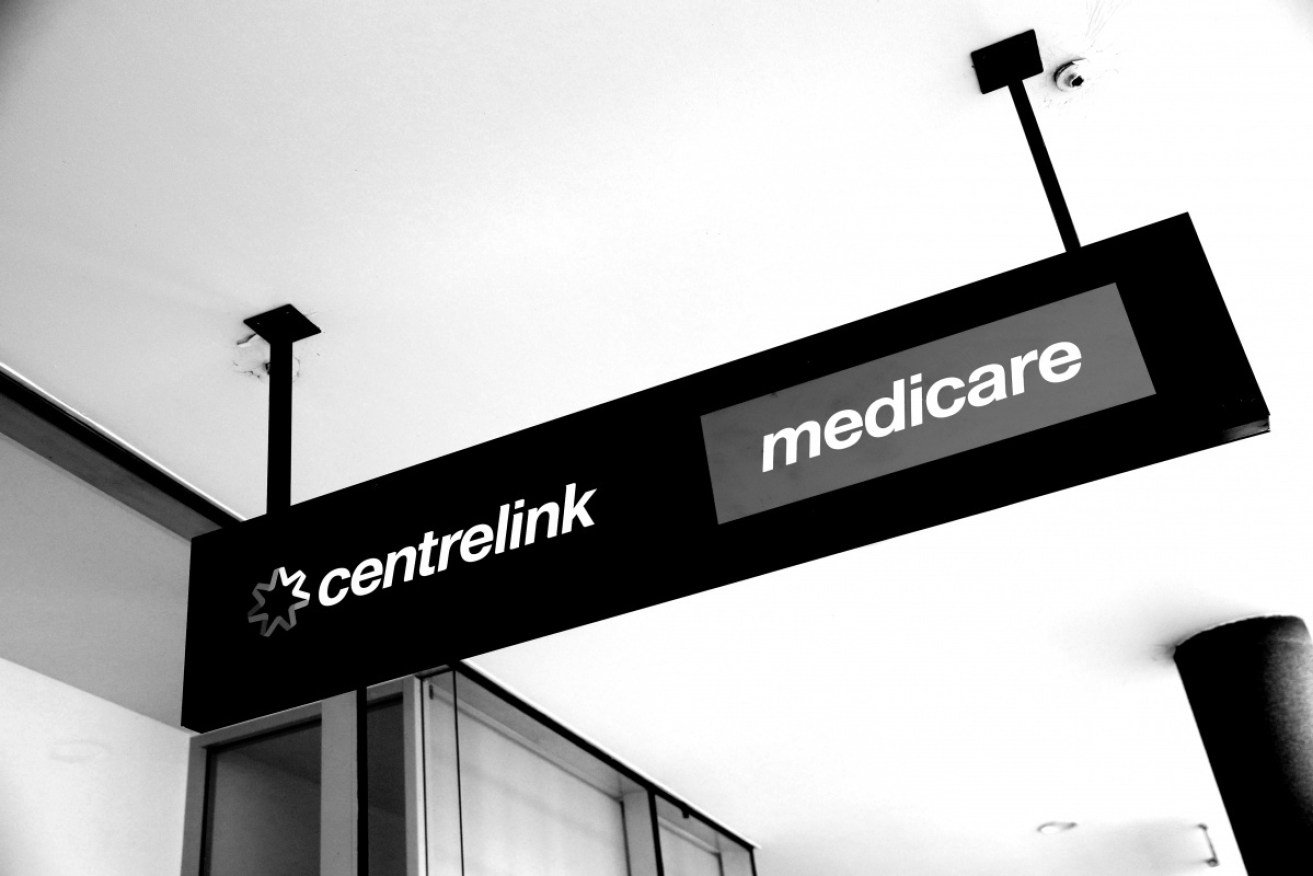‘Income bank’: one way out of the Centrelink debacle


Robodebt is again under fire as a class action is launched. Photo: Getty
A new law to establish an ‘income bank’ as an incentive for the unemployed to take on more casual work could be part of the answer to the Centrelink debt debacle.
The reform is being worked on by the Australian Council of Social Service (ACOSS) and will be incorporated in its influential May 2017 federal budget submission.
It would require amendment to the Social Security Act but would become an antidote to the behaviour-changing impact of the Turnbull government’s contentious mass invoicing of Centrelink recipients based on alleged overpayments.
In a backlash unleashed by the current aggravation, there is grave concern many Centrelink recipients will not seek casual work in future for fear of losing their fortnightly payments. The result? No pathway out of welfare dependency.
Centrelink claims discrepancies have been revealed when a recipient’s ATO-declared annual income does not match the income already declared with Centrelink.
Distressed recipients have complained that Centrelink has been unfairly averaging gross incomes over 12 months when their actual incomes were irregular.
A major cause of these discrepancies is the inevitable errors that arise in administering social security income tests where people have fluctuating casual earnings, which often is the only work that unemployed people and students can obtain.
Peter Davidson, acting CEO of ACOSS, told The New Daily: “An income bank would allow people to store up their fortnightly benefit ‘free area’, the small amount they are allowed to earn without it affecting their benefit levels, over a period of time, say six months, so that they can undertake a few weeks of full-time casual work and it has no impact on their benefits.”
‘Install an incentive to work’
The income bank would in effect allow averaging of income up to a fixed limit. ACOSS is currently modelling the reform to eliminate any unintended consequences.
“Now we support income testing because without it the system would subsidise full-time minimum wages. If that happened costs would be shifted from employers to government on a large scale as happens in the United States,” Mr Davidson said.

Currently, there are few incentives for unemployed people to work. Photo: AAP
He said the current full-time minimum wage was around $35,000. The Newstart Centrelink unemployment benefit was much less – $38 per day or $13,700 a year.
At this level there are few disincentives for the unemployed to move straight to an ongoing full-time job. But the income test reduces the benefit by up to 60 cents per dollar earned and, according to ACOSS, this often discourages part-time and casual work.
ACOSS believes the income bank idea currently works well for university students who are allowed to work full-time over holiday periods with no impact on their taxpayer-funded student allowances.
“It’s worth exploring an option along those lines for people on unemployment payments … though not as liberal as the student system.”
Such a reform would ease the Centrelink debt problem for unemployed Australians, Mr Davidson said.
The income bank minimum for the unemployed has to be set at a point so that people are encouraged to take up casual jobs that might only last a few weeks, including seasonal work, without undermining income tests altogether.
Xenophon supports income bank for agricultural work
The Nick Xenophon Team recently negotiated with the Turnbull government a capped exemption from the income test for people undertaking agricultural work. The same principle could be applied more broadly.
Full declaration of all income earned would still need to be made by Centrelink recipients and overpayments would need to be refunded.

Senator Nick Xenophon supports the law to establish an income bank for agricultural work. Photo: Getty
ACOSS last week called for the suspension of Centrelink’s data matching discrepancy letters because of the inaccuracy of many of the ‘debts’ and the stress that was needlessly being caused for the majority who had done the right thing.
ACOSS has noted that outright fraud detected in the Centrelink system has been at the margins with 0.018 per cent of those receiving payments investigated for fraud last year with 996 cases referred to prosecutors and just 29 cases resulting in indictable charges.
In addition to fixing the flawed automated overpayments system, reform is likely to require changes to social security income tests to bring them more into line with the 21st century highly casualised labour market.
With the Turnbull government reeling last week from the Sussan Ley expenses scandal ACOSS’ proposed income bank could become a lifeline as Coalition MPs in marginal seats become alarmed at the political consequences.
After all, unemployed constituents have the right to vote. At the moment they, their families and friends, are not very happy.








